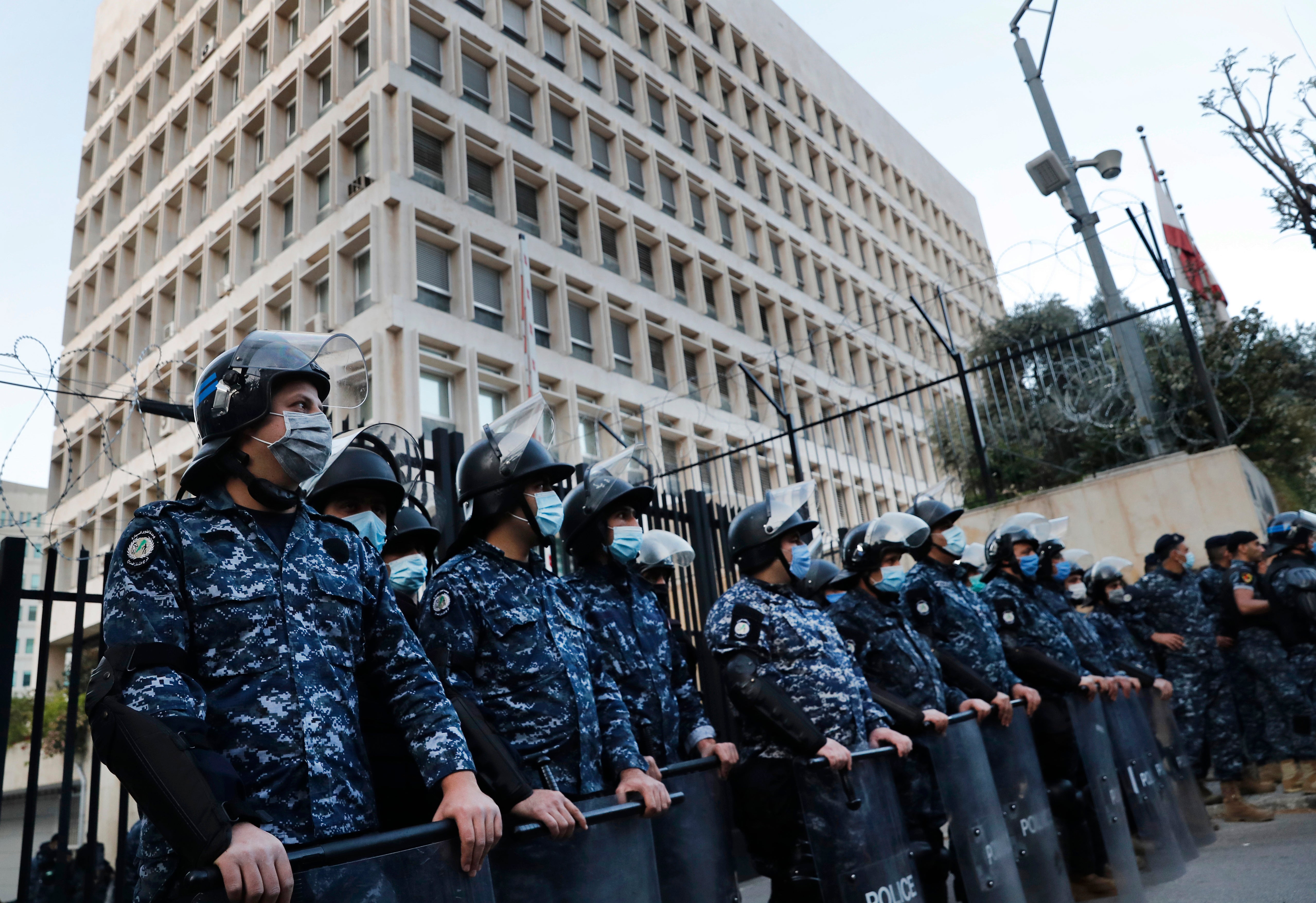NY-based company pulls out of Lebanon bank's forensic audit
Lebanon's outgoing finance minister says a New-York-based company contracted by the government to conduct a forensic audit of the country’s central bank has decided to pull out of the deal because it wasn't able to acquire needed information and documents

A New-York-based company contracted by the Lebanese government to conduct a forensic audit of the country’s central bank has decided to pull out of the deal because it was not able to acquire requested information and documents, Lebanon's outgoing finance minister said Friday.
The announcement by Alvarez & Marsal deals a major blow to those hoping for accountability in a country mired in corruption and a crippling economic and financial crisis. It comes after Lebanon’s central bank refused to provide the company with the needed documents, using the country’s decades-old banking secrecy laws as a pretext.
Outgoing Finance Minister Ghazi Wazni told The Associated Press that Alvarez & Marsal, which was contracted in July, says the information it received so far isn't enough and that it doesn't expect to get more.
Wazni added that the Lebanese government last week asked the company to stay for another three months in order for the state to provide it with all the information and documents needed.
“I was surprised when I received their statement today,” Wazni said adding that Alvarez & Marsal agreed last week to give the Lebanese state three more months. “I find it odd. They should not have accepted the extension last week,” he said.
Wazni added that work has been underway to amend the banking secrecy law in order to facilitate the work of the New York-based company. He said legislators have started preparing draft laws and that the government was also working to amend the banking secrecy laws for Alvarez & Marsal.
The banking secrecy laws, once a mainstay of Lebanon's banking system, had attracted clients from around the Arab world who prized the anonymity its banks offered.
The country's current economic and financial crisis, the worst in its modern history, is rooted in decades of corruption and mismanagement. The crisis deepened after nationwide anti-government protests broke out in October last year and the spread of the new coronavirus in 2020. A massive blast at Beirut's port on Aug. 4 that killed over 200 people and caused damage worth billions of dollars has worsened the situation.
The outgoing government had been calling for a forensic audit into the central bank’s accounts since March, after the country defaulted on paying back its massive debt for the first time earlier this year.
President Michel Aoun has been a strong supporter of a forensic audit but other politicians were strongly opposed to such a move, which could reveal parties that have been benefiting from corruption.
Subscribe to Independent Premium to bookmark this article
Want to bookmark your favourite articles and stories to read or reference later? Start your Independent Premium subscription today.
